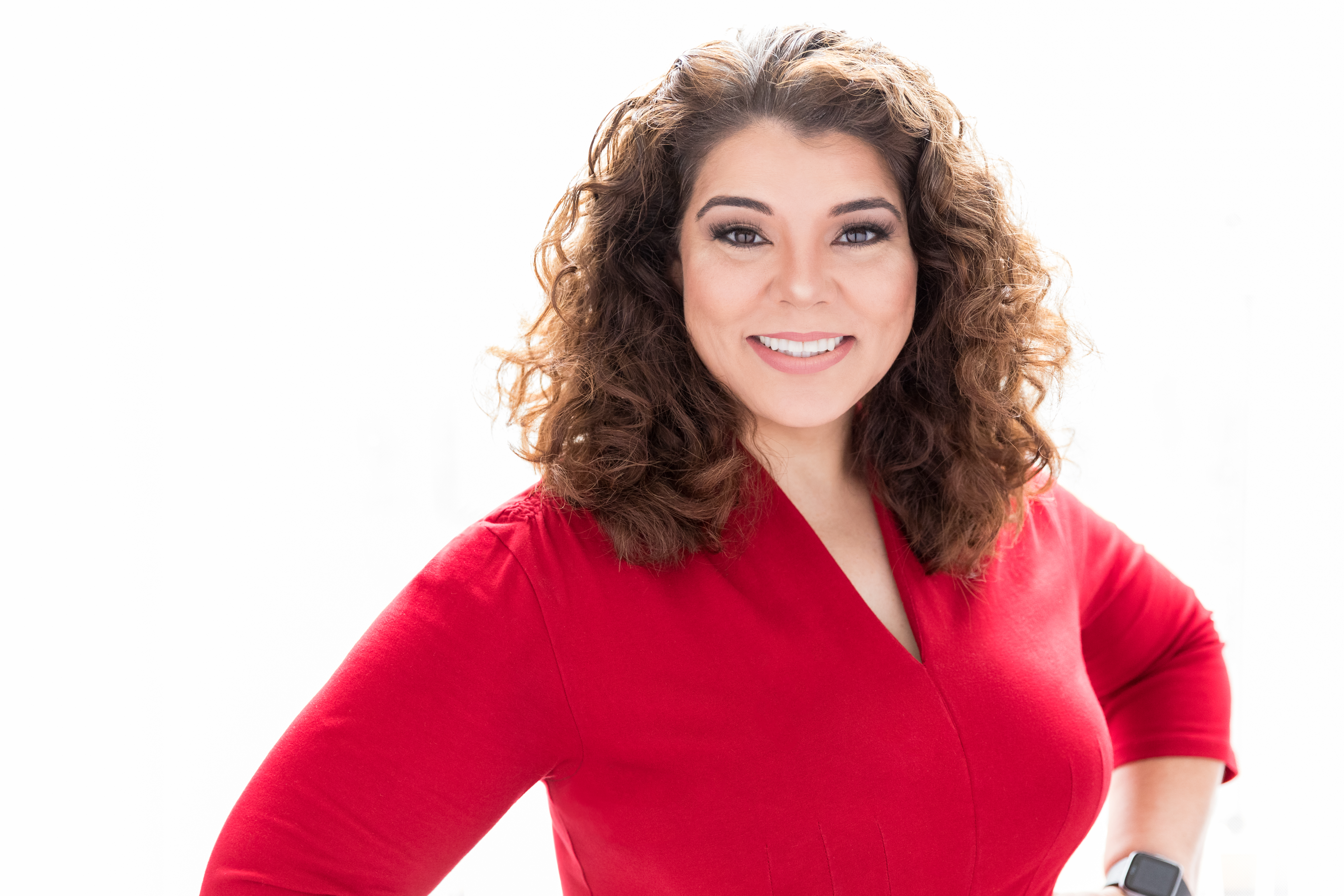In my opinion, respect is the cornerstone of any meaningful exchange of ideas. And a recent poll suggests that many people agree with me on that point. Just about all of those polled said being respectful is even more important in conversations than finding common ground. In order to show respect, you’ll have to view the other person as a human being, deserving of respect. And you’ll need to find a way to empathize with them, in spite of your disagreements. One way to do this is to assume that everyone is trying to bring about some kind of positive result in their lives. When you encounter someone you don’t like or don’t understand, try to identify what that goal is.
You can practice your empathy skills by watching a video of a public figure you don’t agree with. Watch a speech given by that person or an interview they’ve done, and focus on seeing that person as someone trying to accomplish something they believe to be good. From their point of view, their end goal is positive and constructive. Try to imagine what that end goal is. Focus on their positive intentions. It’s not easy, is it? But it’s absolutely essential if you want to respect that person. Perhaps they have made different decisions than you have, perhaps they’ve learned different lessons, but in their mind, they are doing their best.
I try to practice my empathy skills in the car, which, for me, is very challenging. If someone cuts me off or runs a red light, my first instinct is to assume—and sometimes say aloud—terrible things about their intelligence and their upbringing. But what I’ve tried to do lately is imagine why they are in such a hurry or why they’re in such a bad mood. Instead of the expletives that I want to say, I’ll think, She’s probably had a bad day. Maybe she’s just trying to get home to see her kid. As a parent, I can empathize.
It doesn’t really matter if my imagined scenario is true or if the person is just a terrible driver, because the point of the exercise is to train my mind to see others as individuals who face daily challenges that are equal to mine. The point is to get into the habit of viewing others as fallible human beings who are just trying to make it in a very difficult world. The exercise benefits me, not the other person.
It is very difficult to have a productive conversation with someone you don’t respect, and your opinion of them, and what they say, is not likely to be accurate.
My next piece of advice for navigating difficult conversations is to stick it out. If you’re talking to someone and a taboo topic comes up—whether it’s death, divorce, or race—don’t try to change the subject. Don’t make a joke or go off on a tangent. Conversations on tough issues are often uncomfortable, especially when you don’t know what to say. But try to avoid getting frustrated and walking away. Silence is preferable to flight.
If you truly have nothing to say, then just listen. Accept that you may not reach an agreement and that disagreement is okay. Not every conversation, or even most, will end with a hug and an epiphany. Sometimes, just learning what someone else thinks, without chang- ing any minds, is more than enough. Take joy in the exchange, or, at the least, take satisfaction.
And my final piece of advice really applies to all conversations but is especially true of difficult ones: end well. You don’t need to have the last word. Let go of that impulse if you want to maintain friendly relations with the other person.
Also, take a moment to thank them for sharing their thoughts. It can be scary to talk about politics or religion with someone else, so express your gratitude for their time and their openness. If you end the conversation in a friendly and gracious way, you set the groundwork and the tone for future conversations.
Of course, you will not always follow these suggestions and that’s all right. I don’t expect you to be a perfect conversationalist, as I certainly am not. I once let an argument over police shootings get out of control to the point where my spouse and I slept in different rooms for a couple of days. Remember, emotion isn’t a character flaw—we are hardwired as emotional creatures. Sometimes you’ll succumb to the drama of the moment and your best intentions will go out the window.
If that happens and you say something you shouldn’t, apologize immediately. Acknowledge that your comments were hurtful or wrong and make no excuses. Then you can put the mistake behind you and move forward.
If we can learn to talk about the hard things, if we can find common ground and begin to discover the issues on which we can agree, it could be possible to solve some of the more intransigent problems we face. I encourage you to open your mind and your mouth and ask some new people new questions. It only takes one good conversation to change your understanding of someone else’s world, your world, and the world at large.

From the book WE NEED TO TALK: How to Have Conversations That Matter by Celeste Headlee. Copyright © 2017 by Celeste Headlee. Published on September 19, 2017 by Harper Wave, an imprint of HarperCollins Publishers. Reprinted with permission.


